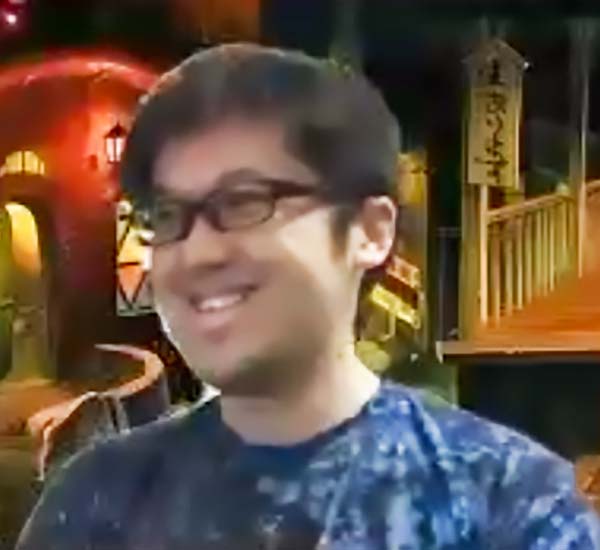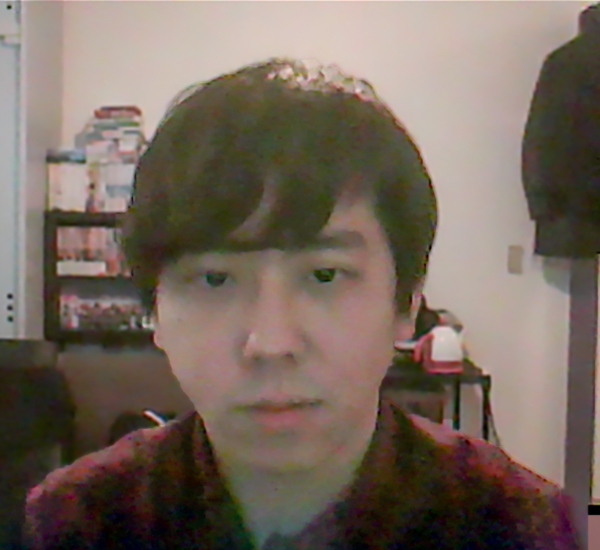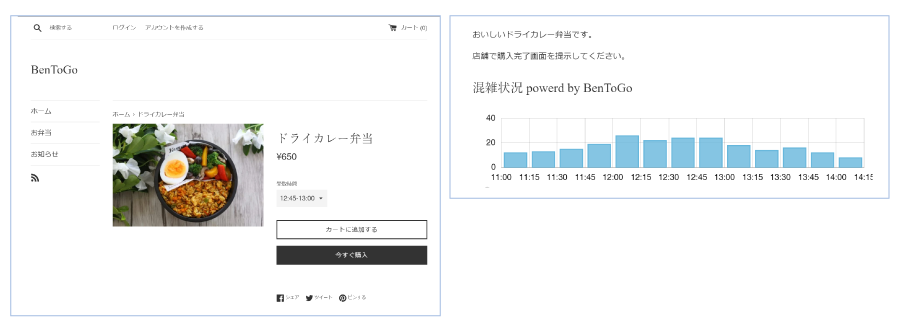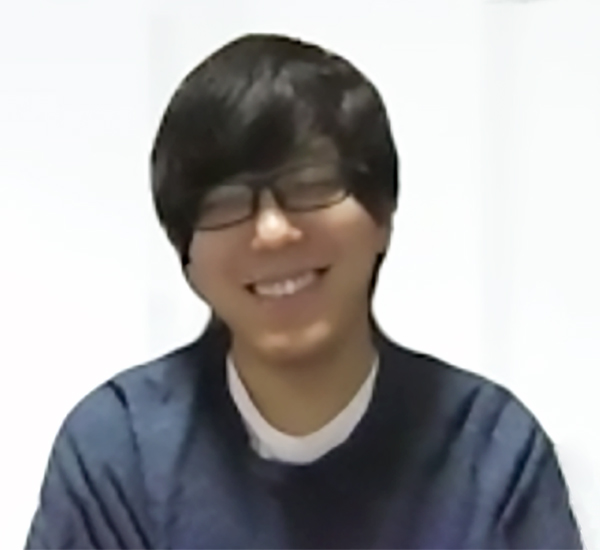
NRI Members Aiming to Help Restaurants Struggling During Covid-19 Selected Among Top Five in Global Hackathon
Six volunteer members (Yuta Okada, Shin Mori, Naoki Yoshitake, Wataru Yamaguchi, Takuya Hagimura, and Takaaki Kurasawa) of ARUMON, which is continuously engaged in innovative activities at NRI, participated in a global hackathon on the subject of Covid-19 countermeasures and were chosen among the top five teams worldwide. What they developed was an e-commerce shop startup service for restaurants provisionally called “BenToGo”. The members explain that they wanted to do what they could to contribute as engineers in these difficult times. In an online interview, we asked four of the members, Okada, Mori, Yoshitake, and Yamaguchi, about the thoughts and hopes they put into the development.
Simultaneous worldwide hackathon
The members of ARUMON participated in the global hackathon “Hackorona - A COVID-19 focused Hackathon”, which was held in cooperation with Microsoft, NVIDIA, and others. From March 23, 2020 to April 6, 2020, participating teams carried out development online, at the end of which each team uploaded a presentation video to YouTube to be evaluated and ranked by 16 judges. The ARUMON members ranked among the top five teams out of 90 teams participating from 24 countries worldwide.
What they developed was “BenToGo”, an e-commerce shop startup service for restaurants. With the service, restaurant owners can easily build a website using a smartphone and immediately receive reservations and orders for bento lunch boxes and other takeout items.
Aiming to help restaurants

Many restaurants in Japan have already suffered severe economic damage as a result of extended stay-at-home requests and business suspension orders. Some major chain restaurants have begun offering delivery services or strengthening their online sales, but small individually-operated restaurants found it difficult to quickly shift to online sales and resorted to arranging meager offerings of bento lunch boxes and prepared dishes at their storefronts.
Okada, who spearheaded the project, says that BenToGo was born from a recognition of this issue.
“There is a high hurdle for stores that have no experience with online sales to suddenly build an internet shop,” he said. “I thought we could support restaurants by taking on this part of the task and making it easier for them.”
The members perfected BenToGo by customizing the internet shopping platform “Shopify”, which is used widely around the globe, to meet the needs of restaurants in Japan. Restaurant owners who register with BenToGo on their smartphones can immediately open their own online store and start making sales.
Avoiding crowds

Incidentally, there are other internet shopping services that can be used right away for free. How does BenToGo differ from these other services? Mori stresses its “emphasis on functions suited to the conditions of the Covid-19 pandemic.”
“For instance, when those who placed orders go to the store to pick up their takeout lunch, since people will gather at the store around noontime it’ll become crowded. In order to prevent this, we employed a mechanism for avoiding crowding whereby the store owners can coordinate so that only three people at a time can come pick up their orders during the same time frame.”
On BenToGo’s product order screen, the state of orders and number of people making pickup are displayed on a graph. “I created this screen, which enables order data to be visualized cumulatively,” said Yamaguchi. “By means of this function, people placing the orders can choose the time that’s good to pick up their takeout product,” said Yoshitake, who was in charge of data processing.

At the brainstorming stage, the members debated whether it would be more user-friendly to develop a mall-type online store or a format like Mercari where only products are posted. However, when they thought about small restaurants in places like shopping streets or provincial areas, they realized that the customer base for such restaurants is local people who like that specific restaurant’s food, and these customers would most likely want to make their order from the individual restaurant rather than from a site presenting a list of takeout offerings. Also, the format of each individual restaurant having its own online shop was decided on in order to incorporate the function for avoiding crowds.
Doing what we can to contribute as engineers
The members of ARUMON are familiar with hackathons, but this was their first time taking part in an international hackathon where participation was all carried out remotely, from development to presentation. The project rushed forward as follows: an invitation was sent to the members from Okada on March 29, they held a kick-off teleconference on April 1, and then they started to work while discussing in online chats; the project was completed on April 6, and then Okada uploaded their presentation video to YouTube.
Looking back on their experience, the members feel their own growth and also the social significance of the project.
“I was seconded to a startup in Hong Kong until last year, where I worked for two years as an engineer. Since I was working in English, I thought this could be an opportunity to appeal to international society that great ideas can be realized in Japan too. In the hackathon, I challenged myself to work with technologies that I don’t use in my ordinary work and then verified the results after finishing. I want to build my own strength as an engineer by repeating that cycle.” (Okada)

“I have always been interested in AWS (Amazon Web Service) and studied it. I think this served as a good opportunity to put into practice what I had learned. My activities with ARUMON and participation in hackathons live on in the work I do for my main job. I really feel that they contribute to my personal growth.” (Yoshitake)
“It was very meaningful to me to think about what kind of solutions I could provide, as an engineer, to social problems that emerged as a result of the Covid-19 pandemic. It was also stimulating to come up with ideas together with people from all over the world. Going forward I don’t want to stop doing this kind of activity.” (Mori)

“I had participated in hackathons before, but this time, since we were chosen among the top five worldwide, I feel that the value of what we created, including the idea behind it, was appreciated. I don’t want this project to be the end; I want to keep putting forth effort if there is anything I can do to contribute to people in dire straits as a result of the Covid-19 pandemic.” (Yamaguchi)
All of the members hope that this project will not mark the end, and that BenToGo will be useful and connect to actual work. At NRI, we will continue making various efforts to resolve societal hardships resulting from the Covid-19 pandemic.